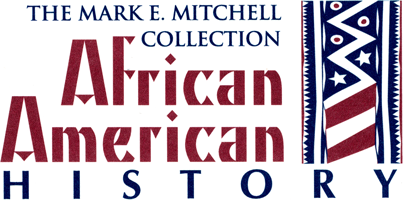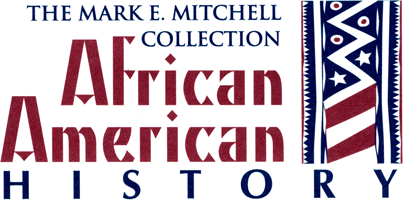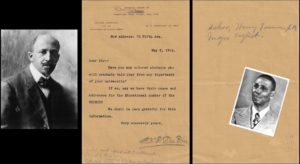W. E. B. Du Bois (1868-1963), Intellectual Pathfinder, c. 1919. At right, Du Bois’ typewritten letter of May 2, 1914, on “The Crisis” letterhead inquires about black graduates from the Class of 1914 for an upcoming “Educational” report in NAACP’s monthly magazine.
The first African American Harvard-educated PhD, W. E. B. Du Bois went on to wear many hats. Scholar, historian, author, editor, and civil rights activist, he opposed the conciliatory integration of Booker T. Washington, and was among the first to recognize the global crosscurrents affecting blacks. His famous 1903 essay titled “The Talented Tenth,” echoed Plato’s elevating to leadership those of honorable character, experience, and vision to achieve a good and lasting society.
He co-founded the short-lived Niagara Movement, 1905-1909, its leaders demanding equal education, economic opportunity, fair administration of justice, and an end to segregation. In 1910 he joined the newly-formed NAACP becoming the editor and NAACP’s spokesman through its official publication, The Crisis. It became the premiere outlet for black artists, writers, and social justice reform – the June 1916 issue included photos of the lynching of Jesse Washington.
Du Bois resigned in 1934 because he believed the “separate but equal” doctrine an acceptable goal for African Americans – a view NAACP’s board vehemently opposed by demanding full integration. From the 1940s onward, Communist Party and black radical internationalism led to Du Bois’ arrest in 1951 amid McCarthyism’s witch hunts. Relocating to Africa, his editorial columns on African affairs appeared in the Chicago Defender, Guardian, and People’s Voice. His later encyclopedic scholarship and political engagement on Pan-Africanism, Decolonization, and the Peace Movement are finally receiving the attention they deserve.
Parenthetically, as noted on the bottom and back of this file copy letter, the singular “postal card” response of Du Bois’ inquiry to Indiana University regarded Henry Tourner Asher, pictured much later at right. Asher, an English Major, along with nine others, encountered Jim Crow humiliation on campus and founded the now-national fraternity Kappa Alpha Psi in 1911. Based on Christian ideals and inclusivity, it offered membership to college men everywhere regardless of color, religion, or national origin. (Initially called Kappa Alpha Nu, the founders changed its name in 1915 after white students referred to it as “Kappa Alpha Nig.”) Asher, himself a young NAACP member and one of Du Bois’ Talented Tenth, served a year in France during World War I, and went on to obtain both Masters and Law degrees.


